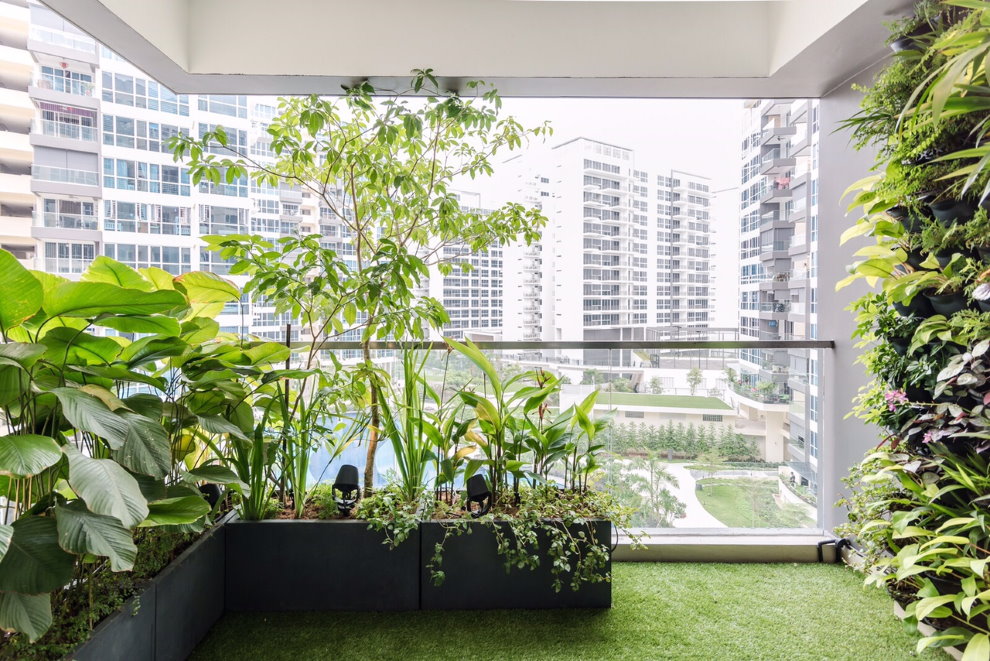Introduction
Living in a European city comes with both charm and challenge. While historic architecture, public transport, and green spaces define much of urban Europe, the environmental impact of city life cannot be ignored. As awareness about climate change rises, families are beginning to shift their focus toward more sustainable home practices. These practices aren’t just about going green; they are about creating healthier, cost-effective lifestyles rooted in care for the planet and future generations.
This article will explore in detail how families living in European cities can transform their homes into eco-friendly havens. Through stories, practical guidance, and emotional insights, we’ll show that a sustainable life is not only possible but deeply rewarding.
The Heart of Home Sustainability: Why It Matters
Let’s begin with Maria and Lukas, a young couple living in Prague with their two children. For years, they lived like most urban dwellers—constantly buying, using, and throwing away. But when their daughter developed asthma, they began to question their choices. Was the plastic they used harming their health? Did their electricity consumption contribute to the global climate crisis? Their journey toward sustainability began with small changes, and today, their home is a model for green living in their neighborhood.
This story is not unique. Across Europe, families are waking up to the reality that sustainable home practices can improve health, save money, and reduce the carbon footprint. It starts at home, and it starts with intention.
Understanding the Urban European Context
European cities like Berlin, Amsterdam, Copenhagen, and Vienna offer infrastructure that supports eco-living. With bike paths, public transport, and compact living spaces, these cities are naturally more sustainable than sprawling suburbs. But urban life also brings its share of environmental pressure—waste management, high energy use, and overconsumption.
That’s why home practices play such a crucial role. When individual families adopt small but impactful habits, the collective result is powerful.
Start with Energy: Making the Switch
Many European households still rely heavily on electricity and heating systems that consume vast amounts of energy. Switching to energy-efficient alternatives is the first big step.
Use LED Lighting: Replace all old bulbs with energy-efficient LED lights. They last longer and use up to 80% less electricity.
Install Smart Thermostats: These devices help regulate home temperature efficiently. Families in Paris and Munich have seen reduced bills just by installing smart heating controls.
Opt for Green Energy Providers: Many European countries allow you to choose your electricity provider. Go for ones offering wind, solar, or hydroelectric power.
These changes might seem small, but collectively, they can cut energy costs and reduce emissions significantly.
Waste Less, Live More
Every day, tons of waste end up in landfills, much of it from households. But families in cities like Stockholm and Ljubljana are showing that zero waste living is achievable.
Let’s take the story of Elena, a mother of three in Madrid. She began composting kitchen waste in her small balcony garden. Her children helped, learning about food cycles and responsibility. Today, their family produces only one small bag of landfill waste per week.
Key Waste-Reducing Practices Include:
- Using reusable shopping bags and containers
- Composting food scraps
- Buying in bulk to avoid packaging
- Donating or repurposing old clothes and furniture
These actions teach children the value of resources and create cleaner, less cluttered homes.
Water Wisdom in Urban Homes
Water scarcity might not seem like a European issue, but cities like Barcelona have already faced restrictions. Families can make a big difference here too.
Install Low-Flow Fixtures: Showers and taps that reduce flow can save thousands of liters per year.
Fix Leaks Promptly: A single dripping tap can waste over 15 liters a day.
Collect Rainwater: In homes with balconies or small gardens, rain barrels can provide water for plants.
Sustainability is not only about global impact; it’s also about respecting what we have at home.
Eco-Friendly Products: Buy Better, Not More
Walk into any supermarket, and the shelves are lined with products promising convenience. But many of these contain harmful chemicals and come in non-recyclable packaging.
Switching to eco-friendly cleaning products, bamboo toothbrushes, and natural fiber fabrics can significantly reduce your environmental footprint. Families in cities like Rotterdam and Vienna have started buying from zero-waste stores that allow them to refill containers and avoid plastic entirely.
Teach by Doing: Involve the Kids
Children are incredibly receptive to new ideas. When they see their parents practicing sustainability, they learn values that last a lifetime.
Routines like separating recycling, turning off lights, and watering plants can become shared family moments. Some families in Helsinki have even created “green chores,” assigning kids eco-tasks like checking electricity use or watering the indoor garden.
These practices do more than help the planet—they create bonding experiences rooted in purpose.
Sustainable Food Choices
Urban families often rely on supermarkets, but local and organic options are increasing across Europe. Community-supported agriculture (CSA) is growing in popularity, especially in France and Germany.
Buying local reduces the carbon footprint of food transport. It also supports small-scale farmers and promotes seasonal eating. Cooking together at home, using fresh and local produce, brings families closer and encourages healthy habits.
Space-Saving Sustainable Design
Living in apartments doesn’t mean you can’t live green. European families are embracing space-saving sustainable solutions:
- Vertical gardens on balconies
- Compact compost bins
- Foldable solar panels for charging devices
Even in small spaces, there is room for green innovation.
Emotional Impact: A Better Life
Families who adopt sustainable practices often speak of a deeper sense of fulfillment. There is pride in reducing waste, joy in growing food, and peace in living with less.
Greta and Paolo, raising two sons in Rome, describe their new lifestyle as “freeing.” They spend less, waste less, and feel more connected to their community and the world around them.
This emotional transformation is at the core of sustainability. It’s not just about saving the planet—it’s about rediscovering what truly matters.
Conclusion: Start Where You Are
Sustainability isn’t a one-time change. It’s a journey made of many small steps. Whether you’re in a tiny flat in Warsaw or a family home in Brussels, your efforts matter.
By adjusting your habits, teaching your children, and choosing with intention, you build a home that reflects care and conscience.
Let today be the day your family takes the next step. Because sustainable living isn’t just the future. It’s the present. And it starts at home.


Leave a Reply